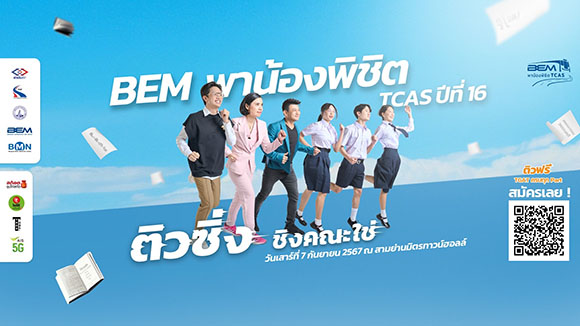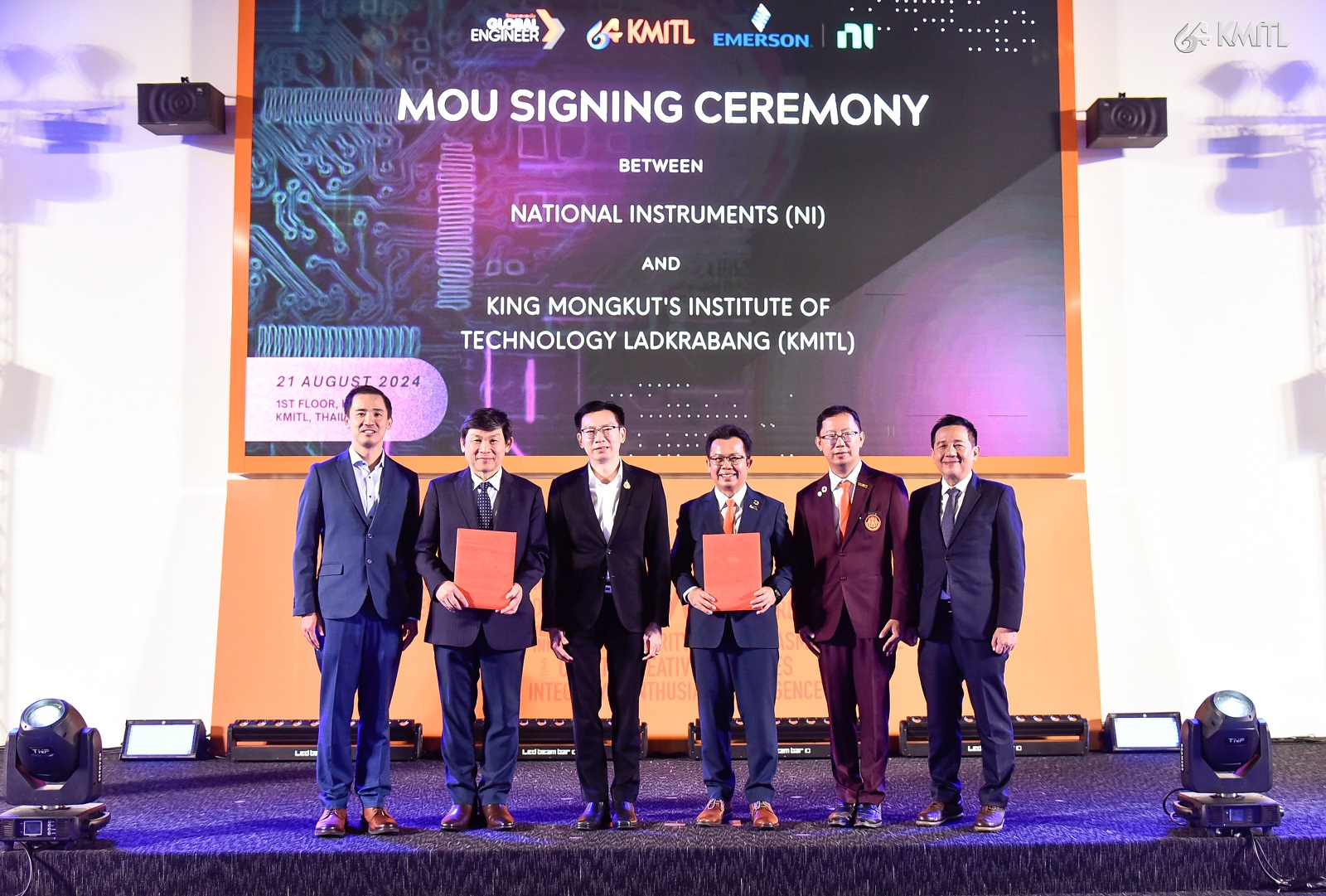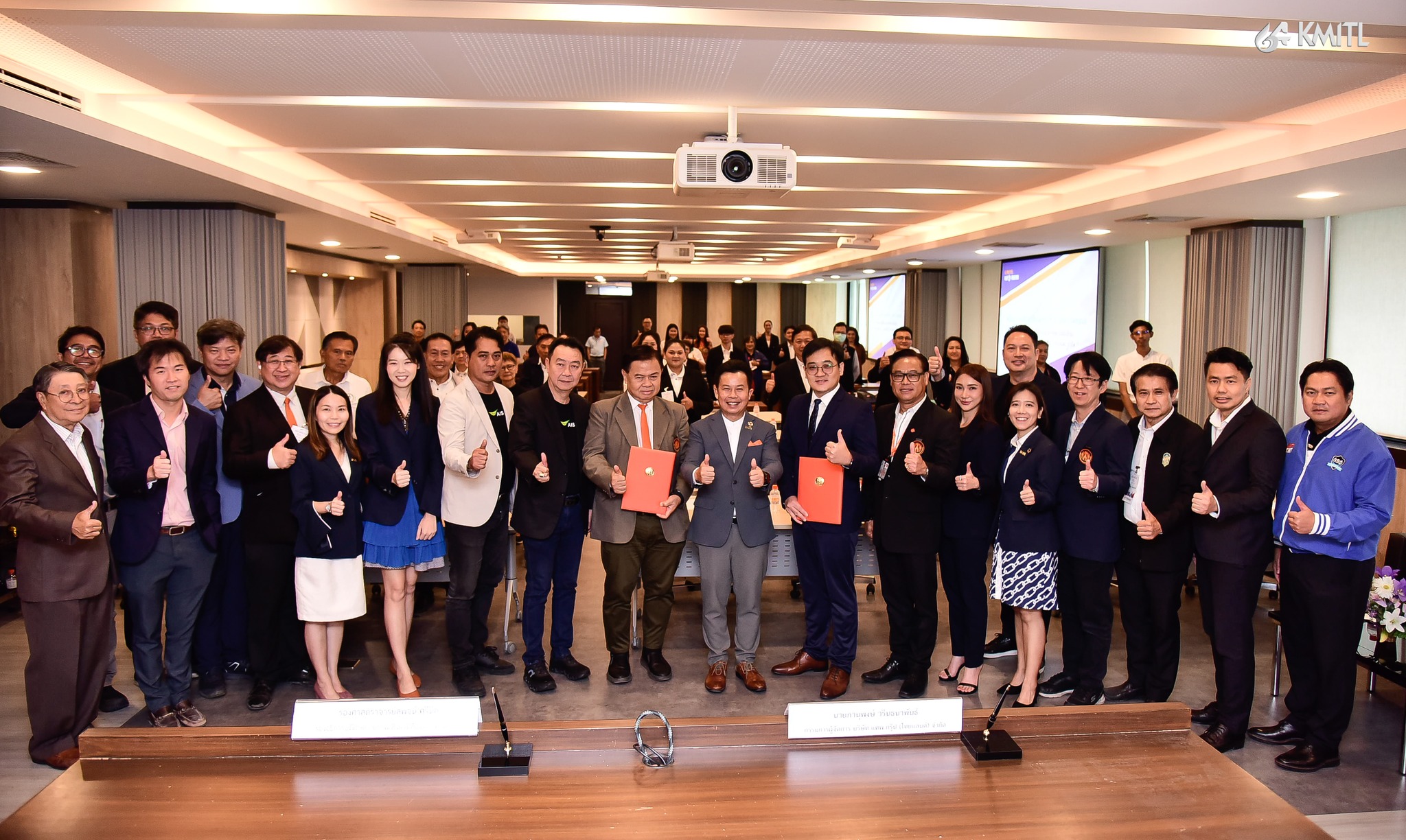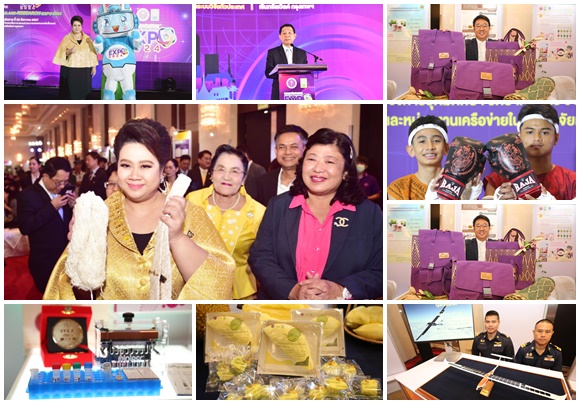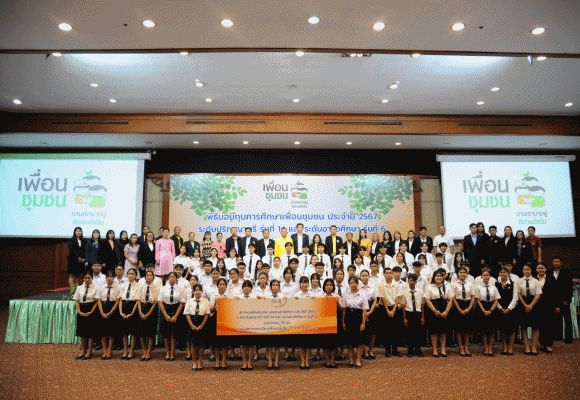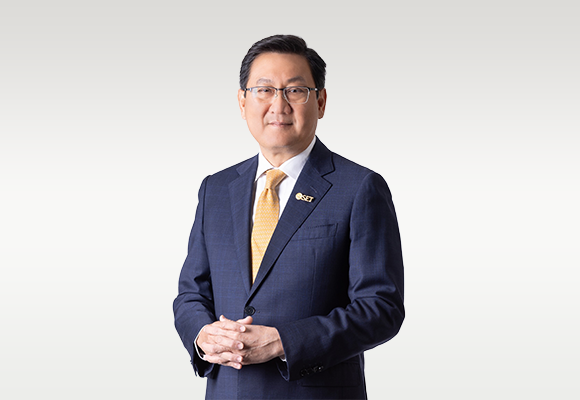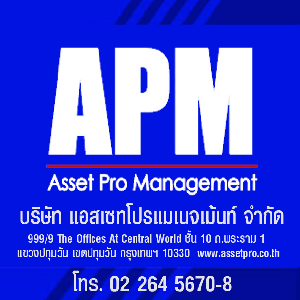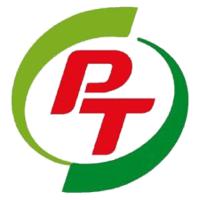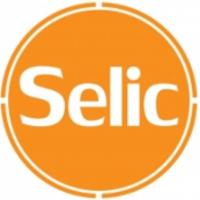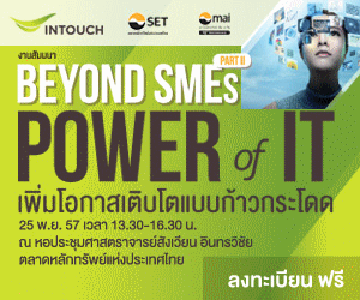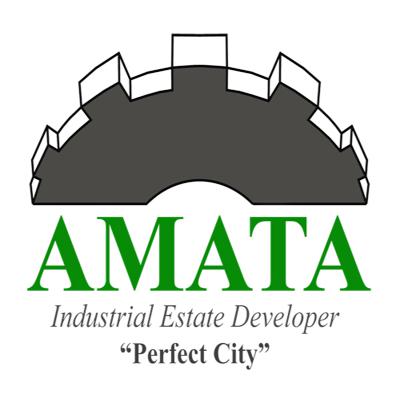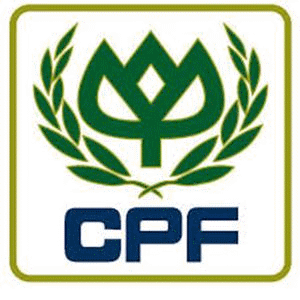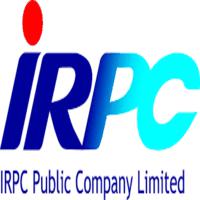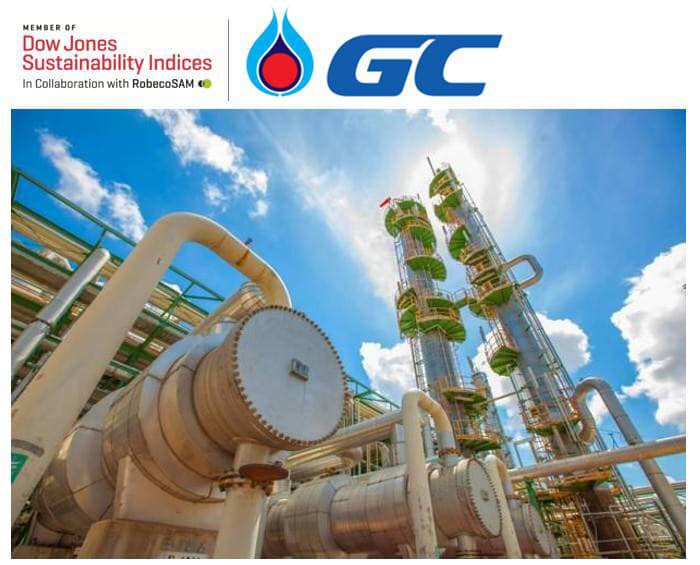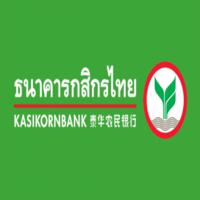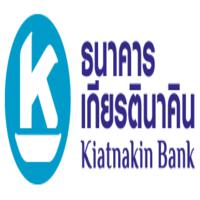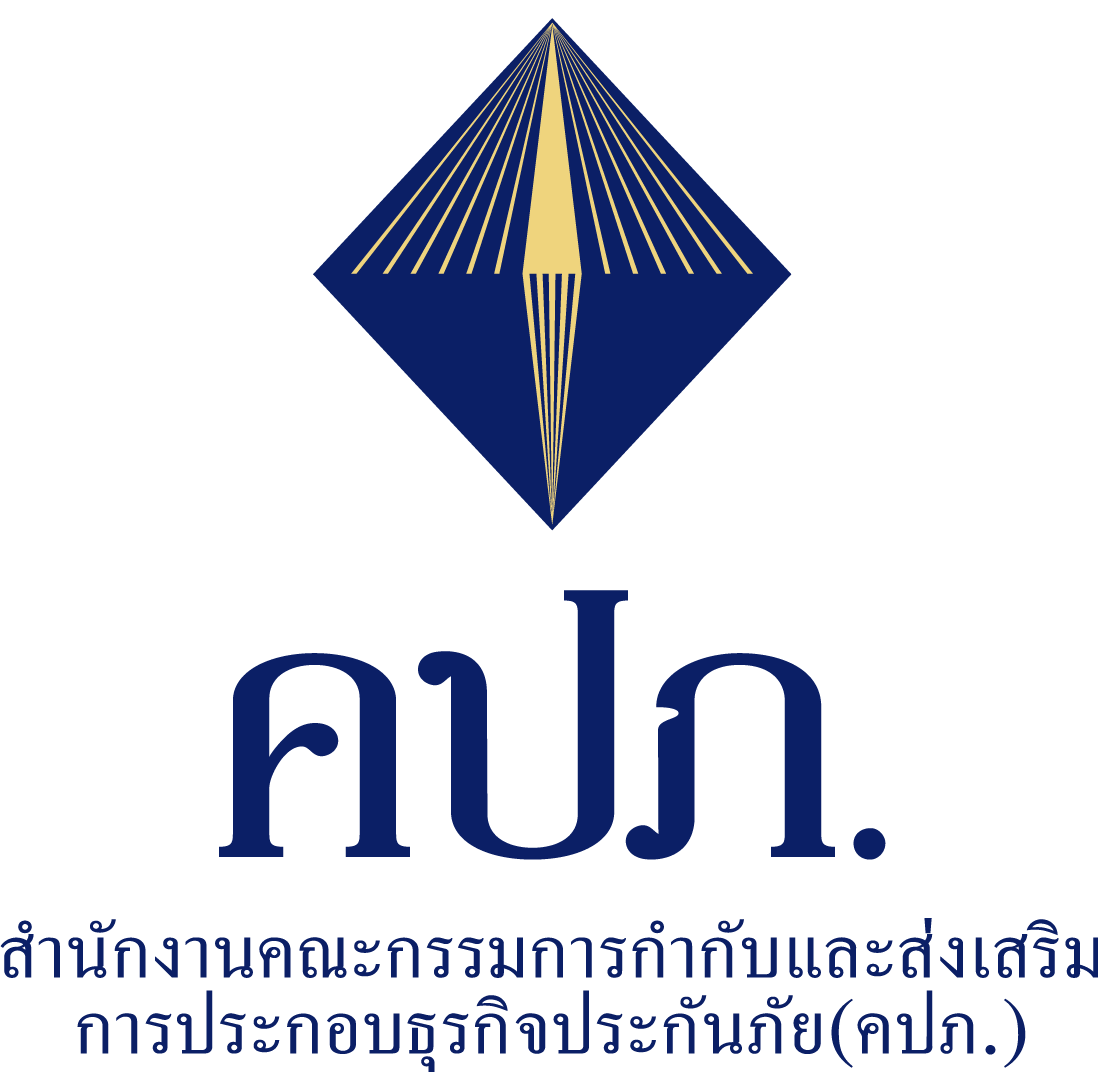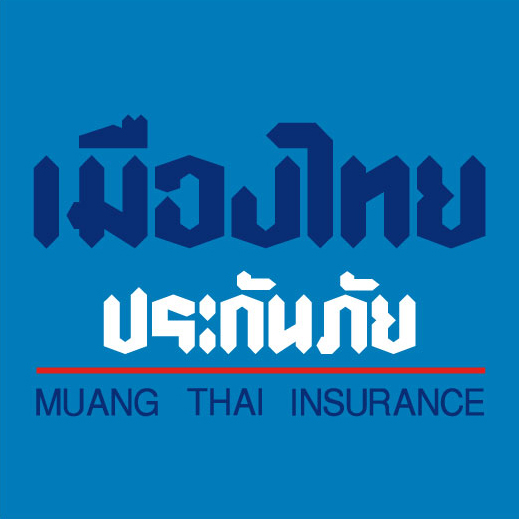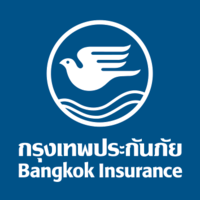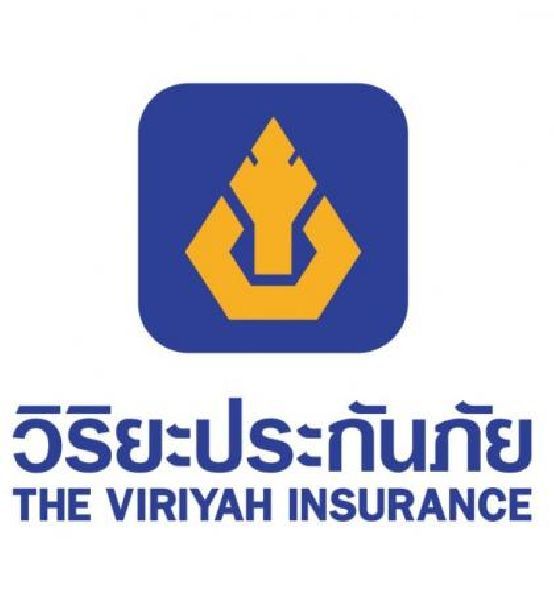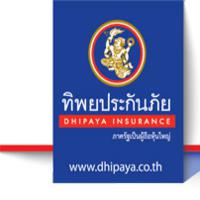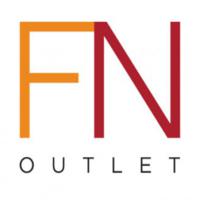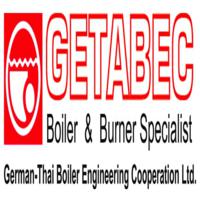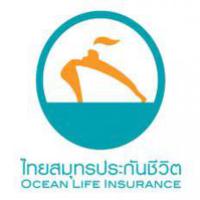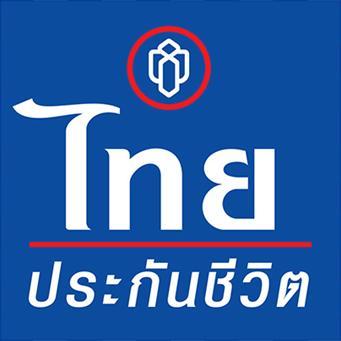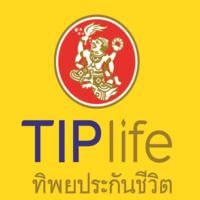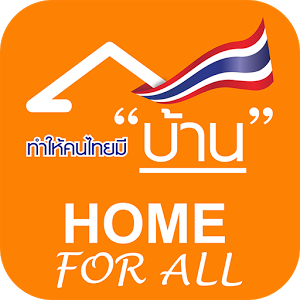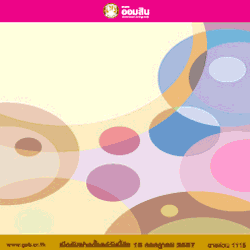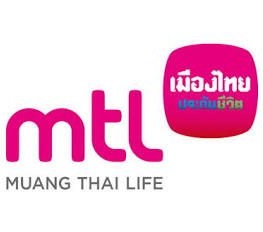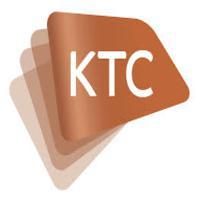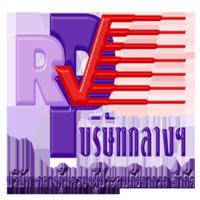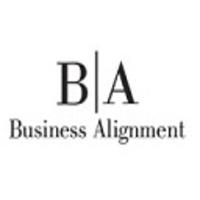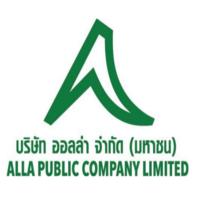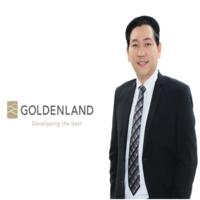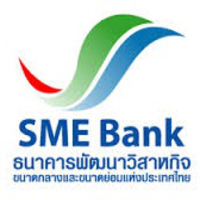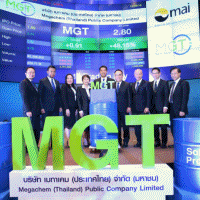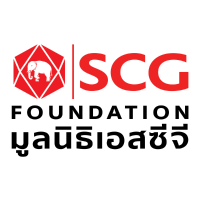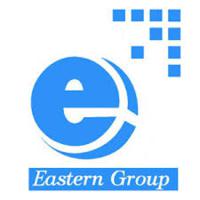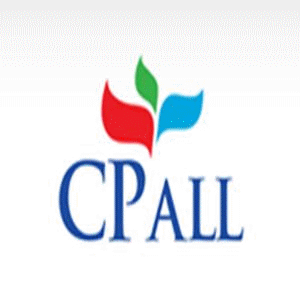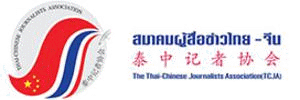- Details
- Category: อุตสาหกรรม
- Published: Monday, 27 July 2015 15:07
- Hits: 3001

กสอ. แนะ 5 เปลี่ยน ลดใช้น้ำ พร้อมเปิดแนวคิดปันน้ำภาคอุตสาหกรรมสู่ภาคเกษตรกรรม
กรมส่งเสริมอุตสาหกรรม กระทรวงอุตสาหกรรม ผุดนโยบายรณรงค์ใช้น้ำอย่างประหยัดในอุตสาหกรรมภาคการผลิตเตรียมพร้อมรับมือกับสถานการณ์ภัยแล้งที่อาจเกิดขึ้นได้อย่างต่อเนื่องเพื่อลดต้นทุนการผลิต และเอื้อประโยชน์แก่ภาคเกษตรกรรมที่ประสบปัญหาน้ำไม่เพียงพอสามารถดึงน้ำไปใช้ในการเพาะปลูก โดยนโยบายดังกล่าวได้แก่ 1)ปรับเปลี่ยนวัตถุดิบคืออาจลดหรือยกเลิกวัตถุดิบที่เป็นต้นเหตุให้ใช้น้ำในปริมาณมาก 2)ปรับเปลี่ยนกระบวนการผลิตปรับแผนหรือวิธีการผลิตเพื่อเพิ่มประสิทธิภาพและลดข้อผิดพลาดในการทำงานซึ่งอาจเป็นสาเหตุให้ใช้น้ำเกินความจำเป็น 3)ปรับเปลี่ยนเทคโนโลยี ปรับเปลี่ยนกลไกบางอย่างในการผลิต เพื่อความสะดวกและรวดเร็วลดกระบวนการที่อาจทำให้ใช้น้ำมาก 4)ปรับเปลี่ยนระบบควบคุมเครื่องจักรและอุปกรณ์ตลอดจนเลือกใช้เครื่องจักรหรืออุปกรณ์ที่มีระบบการจัดการน้ำอย่างมีประสิทธิภาพ 5)ปรับเปลี่ยนรายละเอียดของผลิตภัณฑ์ ซึ่งจะนำไปสู่การปรับเปลี่ยนวัตถุดิบ หรือกระบวนการบางอย่างในการผลิตเพื่อลดการใช้น้ำได้ พร้อมชูโครงการเพื่อสังคมของ กสอ. อาทิ 'โครงการบริหารจัดการเพื่อยกระดับสังคมการประกอบการ' พัฒนาสู่การประกอบธุรกิจด้วยคุณธรรมอย่างมีประสิทธิภาพ มีความสามารถในการแข่งขันในตลาดสากล โดยไม่ลืมที่จะใส่ใจต่อชุมชนและสิ่งแวดล้อม และ'โครงการสังคมประกอบการ งานได้ผล คนเป็นสุข'ที่อาศัยเครื่องมือ หรือเทคนิคการปรับปรุงการเพิ่มผลิตภาพที่เหมาะสม เช่น 5ส QCC (Quality Control Cycle) และ Kaizen ฯลฯ โดยขณะนี้มีผู้เข้าร่วมโครงการทั้ง 2 โครงการแล้วจำนวน 300 และ 600 รายตามลำดับ อย่างไรก็ตาม จากวิกฤติน้ำแล้งในปัจจุบันส่งผลกระทบในทุกภาคส่วน ทั้งภาคครัวเรือน ภาคเกษตรกรรม ตลอดจนภาคอุตสาหกรรม โดยมีสัดส่วนความต้องการใช้น้ำในประเทศ คือ 1) ภาคการเกษตร 113,960 ล้านลูกบาศก์เมตร 2)การอุปโภคบริโภคในครัวเรือนและการท่องเที่ยว 6,400 ล้านลูกบาศก์เมตร 3)ภาคอุตสาหกรรม 4,206 ล้านลูกบาศก์เมตร 4)อื่นๆ 27,090 ล้านลูกบาศก์เมตร สำหรับภาคอุตสาหกรรมที่มีการใช้น้ำมากที่สุดของไทย คือ กลุ่มอุตสาหกรรมเครื่องดื่ม กลุ่มอุตสาหกรรมเยื่อกระดาษ และอุตสาหกรรมฟอกย้อม
นายประสงค์ นิลบรรจง รองอธิบดีกรมส่งเสริมอุตสาหกรรม เปิดเผยว่า จากวิกฤติน้ำแล้งในปัจจุบันส่งผลกระทบในทุกภาคส่วน ทั้งภาคครัวเรือน ภาคเกษตรกรรม ตลอดจนภาคอุตสาหกรรม ที่กำลังเผชิญปัญหาขาดแคลนน้ำไม่เพียงพอต่อการอุปโภคบริโภค เนื่องจากน้ำในเขื่อนเก็บกักน้ำหลายๆแห่งเริ่มชะลอการจ่ายน้ำออกประกอบกับปริมาณน้ำบาดาลลดลงทำให้นำมาผลิตเป็นน้ำประปาได้น้อยลงด้วยโดยแต่ละภาคส่วนมีความต้องการใช้น้ำในประเทศสัดส่วนดังนี้1) ภาคการเกษตร 113,960 ล้านลูกบาศก์เมตร 2)การอุปโภคบริโภคในครัวเรือนและการท่องเที่ยว 6,400 ล้านลูกบาศก์เมตร 3)ภาคอุตสาหกรรม 4,206 ล้านลูกบาศก์เมตร 4)อื่นๆ 27,090 ล้านลูกบาศก์เมตร (ข้อมูล: กรมโรงงานอุตสาหกรรม) อย่างไรก็ตาม ภาคอุตสาหกรรมถึงแม้จะไม่ได้รับผลกระทบมากนักเนื่องจากมีความต้องการใช้น้ำไม่มากนัก และโรงงานอุตสาหกรรมส่วนใหญ่มีระบบกักเก็บน้ำเพื่อสำรองไว้ใช้แต่ก็ต้องมีการเตรียมพร้อมรับมือกับสถานการณ์ดังกล่าว โดยจะต้องใช้น้ำอย่างประหยัด ซึ่งนอกจากจะเป็นการลดต้นทุนการผลิตทางหนึ่งแล้ว ยังสามารถเอื้อประโยชน์แก่ภาคเกษตรกรรมที่ประสบปัญหาน้ำไม่เพียงพอให้สามารถดึงน้ำไปใช้ในการเพาะปลูก อีกทั้งยังถือว่าเป็นส่วนหนึ่งของการรักษาสิ่งแวดล้อมได้อีกด้วย
นายประสงค์ กล่าวต่อว่า จากสถานการณ์ดังกล่าว กรมส่งเสริมอุตสาหกรรม (กสอ.) ในฐานะที่ส่งเสริมและสนับสนุนภาคอุตสาหกรรมมามาอย่างต่อเนื่อง โดยเฉพาะSMEs จึงมีนโยบายรณรงค์เพื่อเป็นแนวทางในการบริหารจัดการในภาคการผลิตให้ใช้น้ำอย่างประหยัดโดยกำหนดออกมาเป็น 5 วิธี เพื่อเปลี่ยนวิธีการใช้น้ำ สู่การจัดการการใช้น้ำอย่างชาญฉลาด ดังนี้
1. ปรับเปลี่ยนวัตถุดิบ คือการปรับเปลี่ยนวัตถุดิบที่ใช้ในการผลิต ซึ่งอาจจะเป็นการลดหรือยกเลิกการใช้วัตถุดิบที่เป็นต้นเหตุของการใช้น้ำในปริมาณสูง อาทิ ในอุตสาหกรรมอาหาร หากสามารถเลือกใช้วัตถุดิบที่มีความสะอาดสูง เพื่อช่วยลดขั้นตอนการทำความสะอาดและช่วยประหยัดน้ำในการชำระล้าง โดยการคัดสรรวัตถุดิบที่ได้จากภาคเกษตรกรต้องมีการปนเปื้อนให้น้อยที่สุด
2. ปรับเปลี่ยนกระบวนการผลิต หมายถึง การปรับแผนการผลิตหรือการปรับเปลี่ยนวิธีการ เพื่อเพิ่มประสิทธิภาพการทำงานตลอดจนเพื่อลดข้อผิดพลาดในการทำงาน ซึ่งอาจเป็นสาเหตุที่ทำให้ต้องใช้น้ำในกระบวนการผลิตที่มีปริมาณมากเกินจำเป็น อาทิ ในอุตสาหกรรมฟอกหนังซึ่งเป็นอุตสาหกรรมต้นน้ำของอุตสาหกรรมเครื่องหนังและรองเท้า ในขั้นตอนการล้างหนังดิบเพื่อกำจัดส่วนที่ไม่ต้องการออก เช่น ขน หรือเศษหนัง เปลี่ยนจากการล้างแบบไหลล้นอย่างต่อเนื่องเป็นการเปลี่ยนการล้างแบบถ่ายทิ้งเป็นช่วงๆ เพื่อลดปริมาณน้ำเสียที่อาจเกิดขึ้นได้
3. ปรับเปลี่ยนเทคโนโลยี หมายถึง การปรับเปลี่ยนกลไกบางอย่างในการผลิต อาทิ ในอุตสาหกรรมฟอกย้อมที่จากเดิมการเตรียมสูตรสีย้อม จะทำโดยการผสมสีแล้วทดลองย้อมจนกว่าจะได้สีที่ต้องการ ซึ่งจะใช้เวลานานในการย้อมหลายๆครั้งกว่าจะได้สี จึงเปลี่ยนมาใช้คอมพิวเตอร์ช่วยในการผสมสีในขั้นตอนการเตรียมสีย้อมทำให้จำนวนครั้งของการทดลองย้อมลดลงอย่างมากขณะเดียวกันจะช่วยลดการเกิดน้ำเสียจากกระบวนการผลิตที่ซ้ำซ้อนอีกด้วย
4. ปรับเปลี่ยนระบบควบคุมเครื่องจักรและอุปกรณ์ อาทิ การควบคุมการทำงานของเครื่องจักรหรืออุปกรณ์ในโรงงาน และการควบคุมสารเคมีที่ใช้ในขบวนการต่างๆ เพื่อให้เกิดประสิทธิภาพการผลิตมากขึ้น ตลอดจนเลือกใช้เครื่องจักรหรืออุปกรณ์ที่มีระบบการจัดการน้ำอย่างมีประสิทธิภาพ เช่น การทำความสะอาดบรรจุภัณฑ์ในอุตสาหกรรมเครื่องดื่ม ซึ่งหากควบคุมการจ่ายน้ำในขั้นตอนดังกล่าวได้ก็จะเป็นการประหยัดน้ำอีกระดับหนึ่ง
5. ปรับเปลี่ยนรายละเอียดของผลิตภัณฑ์ โดยปรับเปลี่ยนหรือลดทอนรายละเอียดบางอย่างของผลิตภัณฑ์ ซึ่งจะนำไปสู่การปรับเปลี่ยนวัตถุดิบ ช่วยให้ลดการใช้น้ำลงได้ และช่วยลดต้นทุนการผลิต แต่ทั้งนี้จะต้องไม่ทำให้คุณภาพของผลิตภัณฑ์ด้อยลง หรือส่งผลเสียต่อลูกค้าหรือผู้บริโภค
ทั้งนี้ นอกจากการรณรงค์ดังกล่าวแล้ว ซึ่งถือเป็นการตอบแทนสังคมหรือความรับผิดชอบต่อสังคมทางหนึ่งแล้ว กสอ. ยังมีโครงการที่สอดคล้องกับกิจกรรมเพื่อสังคมอีกหลายโครงการ ได้แก่“โครงการบริหารจัดการเพื่อยกระดับสังคมการประกอบการ”เป็นการพัฒนาสู่การประกอบธุรกิจด้วยคุณธรรมอย่างมีประสิทธิภาพ มีความสามารถในการแข่งขันในตลาดสากล โดยไม่ลืมที่จะใส่ใจต่อชุมชนและสิ่งแวดล้อม และ 'โครงการสังคมประกอบการ งานได้ผลคนเป็นสุข' โดยอาศัยเครื่องมือ หรือเทคนิคการปรับปรุงการเพิ่มผลิตภาพที่เหมาะสม เช่น 5ส QCC(Quality Control Cycle) และ Kaizen ฯลฯ โดยในปี 2558 มีผู้เข้าร่วมโครงการแล้วทั้ง 2 โครงการจำนวน 300 และ 600 รายตามลำดับ อย่างไรก็ตาม ประเทศไทยถูกจัดเป็น 1 ใน 10 ของประเทศที่ใช้น้ำมากที่สุดในโลก รองจาก อินเดีย จีน สหรัฐอเมริกา ปากีสถาน และญี่ปุ่น เฉลี่ย 2,131 ลูกบาศก์เมตรต่อคนต่อปี ซึ่งสูงกว่าค่าเฉลี่ย 1-2 เท่า ที่ส่วนใหญ่คนทั่วโลกใช้น้ำ 1,200-1,400 ลูกบาศก์เมตรต่อคนต่อปีเท่านั้น (ข้อมูล: ผลการศึกษาการจัดการทรัพยากรน้ำของประเทศต่างๆทั่วโลกโดยองค์การอาหารและเกษตรแห่งสหประชาชาติ (เอฟเอโอ) จึงมีความจำเป็นอย่างยิ่งที่ทุกภาคส่วนจะต้องร่วมมือกันในการประหยัดทรัพยากรน้ำ สำหรับในส่วนของภาคอุตสาหกรรมที่มีการใช้น้ำมากที่สุดของไทย คือ กลุ่มอุตสาหกรรมเครื่องดื่ม กลุ่มอุตสาหกรรมเยื่อกระดาษ และอุตสาหกรรมฟอกย้อม นายประสงค์ กล่าวสรุป
ด้านนายธงชัย ตรีนุชกร กรรมการผู้จัดการ บริษัท เบ็ทเทอร์ เท็กซ์ไทล์จำกัด เปิดเผยว่า บริษัท เบ็ทเทอร์ เท็กซ์ไทล์ จำกัด (บีทีซี) เป็นบริษัทรับจ้างฟอกย้อม ตกแต่งสำเร็จสำหรับผลิตภัณฑ์สิ่งทอและเครื่องนุ่งห่ม ผ่าน 3 กระบวนการคือ ขั้นที่ 1 การฟอก คือ การเตรียมผ้าก่อนย้อมสีเพื่อทำให้ผ้าสะอาด ขั้นที่ 2 การย้อม คือ การนำผ้าที่ฟอกสะอาดแล้วมาทำการย้อมแบบแช่ทิ้งไว้ (Exhaust) เพื่อให้ดูดซึมสี ทั้งสีขาว สีอ่อน สีเข้ม ให้ได้ตามความต้องการลูกค้า และขั้นที่ 3 การตกแต่งสำเร็จ คือ ขั้นตอนการนำผ้าที่ผ่านการฟอกและย้อมแล้วมาปรับสภาพเพื่อพร้อมใช้งานและได้คุณสมบัติต่างๆ เช่น นุ่ม กันยับ ลื่น โดยทั้ง 3 กระบวนการข้างต้น ล้วนแต่ใช้น้ำในปริมาณมากทั้งสิ้น ซึ่งบีทีซี ได้ตระหนักถึงการประหยัดน้ำในกระบวนการผลิตมาโดยตลอด จึงพยายามคิดค้นวิธีเพื่อช่วยในการลดใช้น้ำ โดยวัตถุประสงค์ตั้งแต่แรกเริ่มเลยคืออยากลดต้นทุนการผลิต ซึ่งได้แนวคิดมาจากการเข้าร่วมโครงการต่างๆ กับกรมส่งเสริมอุตสาหกรรม อาทิ โครงการความร่วมมือระหว่างรัฐบาลไทยกับรัฐบาลญี่ปุ่นภายใต้แผนงานโครงการ Green Aid Plan (GAP) โครงการพัฒนาบุคลากรผู้บริหารการผลิตระดับกลางในอุตสาหกรรมสิ่งทอและโครงการพัฒนาบุคลากรในภาคอุตสาหกรรม ซึ่งช่วยให้ได้แนวคิดต่าง ๆ ในการบริหารจัดการภายในโรงงาน ทั้งการออกแบบโรงงาน การประหยัดพลังงาน การประหยัดน้ำ และการบริหารจัดการพนักงาน ฯลฯ
นายธงชัย กล่าวต่อว่า สำหรับโครงการล่าสุดที่บีทีซีเข้าร่วมโครงการ คือ โครงการพัฒนาขีดความสามารถในการแข่งขันอุตสาหกรรมไทย ด้วยเทคโนโลยีสารสนเทศ (ECIT) ทำให้สามารถนำความรู้ที่ได้มาพัฒนาโปรแกรมเพื่อปรับใช้ในการสต็อกผ้าดิบ ผ้าสำเร็จ สต็อกสี และเคมี ตลอดจนโปรแกรมการทดสอบสีเพื่อเพิ่มประสิทธิภาพการทำงานให้สะดวกรวดเร็วขึ้น อีกทั้งยังลดการย้อมซ้ำที่อาจเกิดขึ้นซึ่งจะทำให้สิ้นเปลืองน้ำอีกด้วย ทั้งนี้ บีทีซี มีการพัฒนากระบวนการผลิตเรื่อยมา เพื่อการบริหารจัดการน้ำให้เกิดประโยชน์สูงสุด อาทิ ปรับลดปริมาณของสารเคมีในกระบวนการฟอกลงเพื่อการลดปริมาณน้ำที่ต้องนำมาล้างสารเคมี ไปจนถึงการนำกลุ่มสีที่สามารถย้อมติดสีง่าย ลดปัญหาสีตก ผ้าด่าง เพราะปัญหาเหล่านี้ทำให้ต้องนำผ้ากลับมาแก้ไขใหม่ก็ทำให้ต้องสูญเสียน้ำเพิ่มอีกกว่าร้อยละ 20-40 เป็นต้น อย่างไรก็ดี ภายหลังการปรับเปลี่ยนกระบวนการต่างๆในภาคการผลิตของบีทีซี แล้วสามารถประหยัดน้ำได้ถึงวันละ 135ลูกบาศก์เมตร หรือคิดเป็น 1,755 บาท หรือคิดเป็นต่อเดือนและต่อปีได้ 45,630.00 และ 547,560.00 บาทตามลำดับ
Thai bourse gears up to boost diversification, expand long-term investors, continuously enhance quality in H2
The Stock Exchange of Thailand (SET) has disclosed its strategic plans in the second half of this year, aiming to expand quality investor base, increasingly diversify and internationalize products and services while moving towards digital exchange to support continuous future growth.
The bourse has strongly believed to beat 2015 targets proven by its achievements in the first half with the average daily trading value and the valuation of fundraising of initial public offerings (IPOs) reaching number one in ASEAN. On top of this, the merger between Thailand Futures Exchange pcl (TFEX) and The Agricultural Futures Exchange of Thailand (AFET) has been set to be completed by the end of this year, along with the plan to announce a list of Thai listed companies in “Thailand Sustainable Investment,” paving the way for Thai firms to sustainable development.
SET President Kesara Manchusree stated that despite the global market volatility, SET has significantly achieved key milestones and maintained the leading position in ASEAN in the first half of this year with the average daily trading value at THB 47.7 billion (approx. USD 1.4 billion), considered highest in ASEAN. This was partly due to SET’s collaboration with securities firms, asset management companies and commercial banks to expand local investor base in every channel nationwide, as such increasing number of new investors in the equities and derivatives markets by 63,863 and 4,750, respectively.
In addition, in the second half of this year, SET would intensively expand domestic investor base by organizing 25 various activities with alliances in provinces nationwide, while co-operating with securities firms to implement “Stock-Saving” campaign and exclusive seminars by analysts for analysts in Bangkok and metropolitan area.
Meanwhile, the market capitalization of new IPOs from 15 securities has already reached the total of THB 159 billion (approx. USD 4.7 billion), approaching its THB 250 billion target for the whole 2015, partly due to the successful listing of large securities such as Jasmine Broadband Internet Infrastructure Fund (JASIF) and Global Power Synergy pcl (GPSC) and the listing of holding companies which have a core subsidiary company abroad such as PM Thoresen Asia Holdings pcl (PMTA), while the fundraising of listed companies from secondary market was worth a combined THB 136 billion, making it ASEAN’s highest recapitalization in term of amount.
In addition, average daily derivatives volume were 192,878 contracts, exceeding 2015 target of 190,000, mostly due to increases in single stock futures and SET50 index futures.
“We have promoted quality and sustainability and it pays off in the first half of this year. Looking forward, SET will further materialize the 'Diversified - Digital - Sustainable - Internationalized'(DDSI) concept by diversifying products and services, increasing liquidity and enhancing operational system to become a digital exchange, as well as continuously working closely with capital markets in the Greater Mekong Subregion (GMS) as a GMS connector,” said Kesara.
Kesara added that SET would continue to focus on the diversification of products and services in the second half of this year by including the natural rubber ribbed smoked sheet (RSS3 futures) trading on TFEX after the related rules and regulations have become effective. TFEX would welcome AFET members to TFEX to operate seamless trading after preparation of several relevant aspects. We also provided training for AFET staff and would arrange seminars in major cities to promote agricultural derivatives trading among investors.
To expand the long-term investor base, SET will promote provident fund investment for employees’ financial sustainability via “Employee's Choice”, enhancing financial planning knowledge for retirement among employees according to the age group to promote better returns and more opportunities in the long run, while providing financial and investment knowledge for investors and stakeholders.
Moving towards digital exchange to cope with lifestyle of investors in the digital era, SET has launched “SET Application” which could attract 44,000 downloads after the launch in April, and has facilitated investors by revamping SET’s website with one single channel to facilitate investor convenience which could draw 33,000 registrations within the first two months. In addition, SET has also introduced “Click2Win” program, a virtual online investment through smart phones for stock and derivatives trading.
To expand new listings, in July there have been three new listed securities with market capitalization worth THB 29 billion, including North Bangkok Power Plant Block 1 Infrastructure Fund, Electricity Generating Authority of Thailand (EGATIF), becoming the first state enterprise infrastructure fund ever listed on SET. In the rest of this year, there have been eight securities awaiting to be listed, while other 16 are waiting for approval. The fundraising from existing companies is expected to meet this year’s target. To make it convenient for securities issuers, SET has also developed digital listing services (Digital IPOs) for all products set to be launched by Q1/2016.
To expand foreign investor base on both SET and TFEX, SET has planned to organize outbound roadshows which would provide opportunities for small and medium-sized listed companies to meet foreign investors directly. The upcoming outbound roadshow this year will be in New York, the United States. Just as important as the outbound roadshows, SET will organize the annual inbound roadshow called “Thailand Focus 2015” in August, by inviting foreign fund managers to meet Thai listed companies for insights of the Thai capital market and economy. Significantly, SET will continue the GMS connector role by providing multiple fundraising tools for GMS and other foreign companies covering primary listing, secondary listing, infrastructure fund and infrastructure trust as well as offering GMS-related products such as GMS Depository Receipt (GMS DR). Furthermore, SET has continued to publicize securities list of 111 Thai companies invested in GMS on the SET website, boosting investment opportunities in GMS through Thai listed companies.
In promoting quality development and sustainable investment, SET has prepared assessment criteria called “Thailand Sustainable Investment” and will announce a list of Thai listed companies with prime performance on environmental, social and governance (ESG) aspects in October 2015. This will be used as quality information investment and for decision-making tools, as part of SET’s plan to promote sustainable quality development among Thai listed firms. The next steps will be the development towards creating the Dow Jones Sustainability Index (DJSI) of Thailand in line with the guidelines of the Dow Jones Sustainability Index, to be used as indicators matching the international standard.
The Thai bourse is committed to promoting financial and investment education and will continue to expand investment knowledge nationwide via educational projects called investor classroom and SET Investment Centers (SET IC) in major provinces all over Thailand. SET will continuously enhance quality for capital market professionals, investment consultants, securities analysts, commercial bank staff and students in acquiring licenses.









